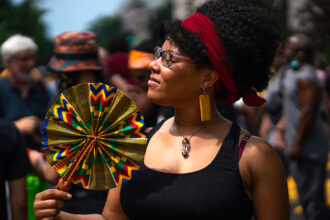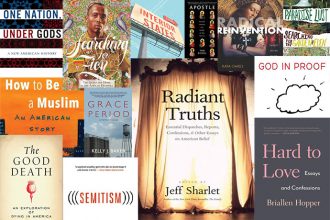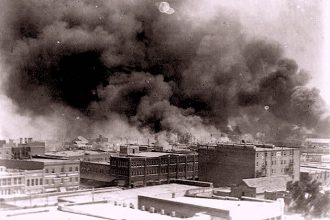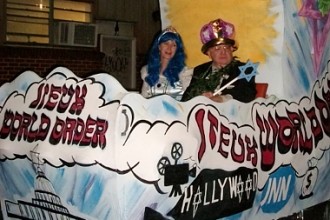
Swimming Against the Tide: Religious (Non) Affiliation Might Not Mean What You Think It Means
…llowing such a line of reasoning might mean we are seeing an uptick in the number of American’s who will report a life-changing Christian experience while simultaneously being less likely to identify with any particular Christian institution. This raises questions about the complicated relationship between Americans and their willingness to affiliate with large institutions (religious and otherwise) in general. The rate of decline in affiliation f…
Read More






